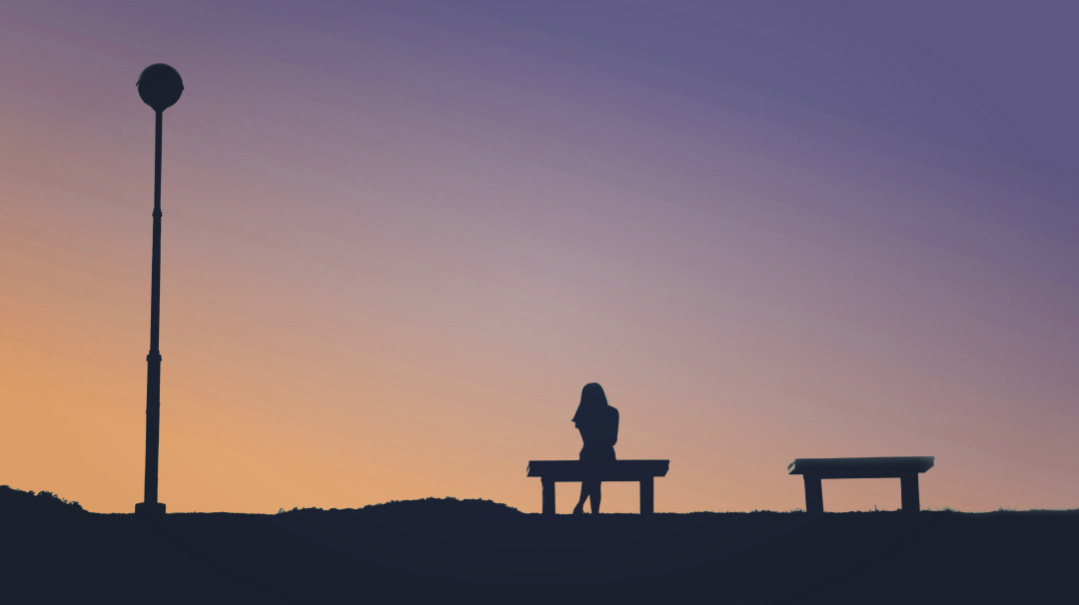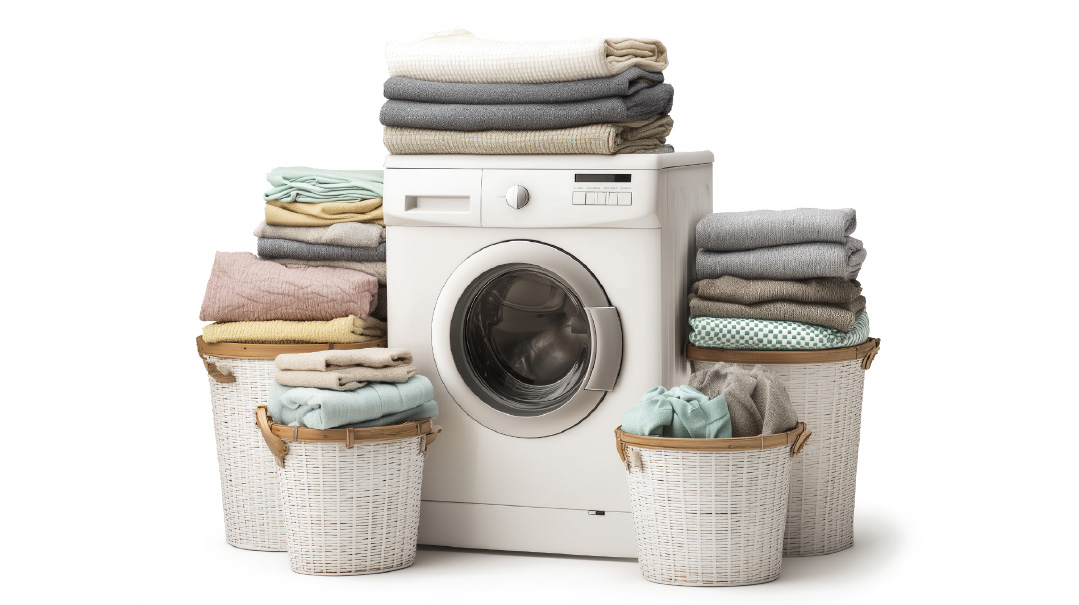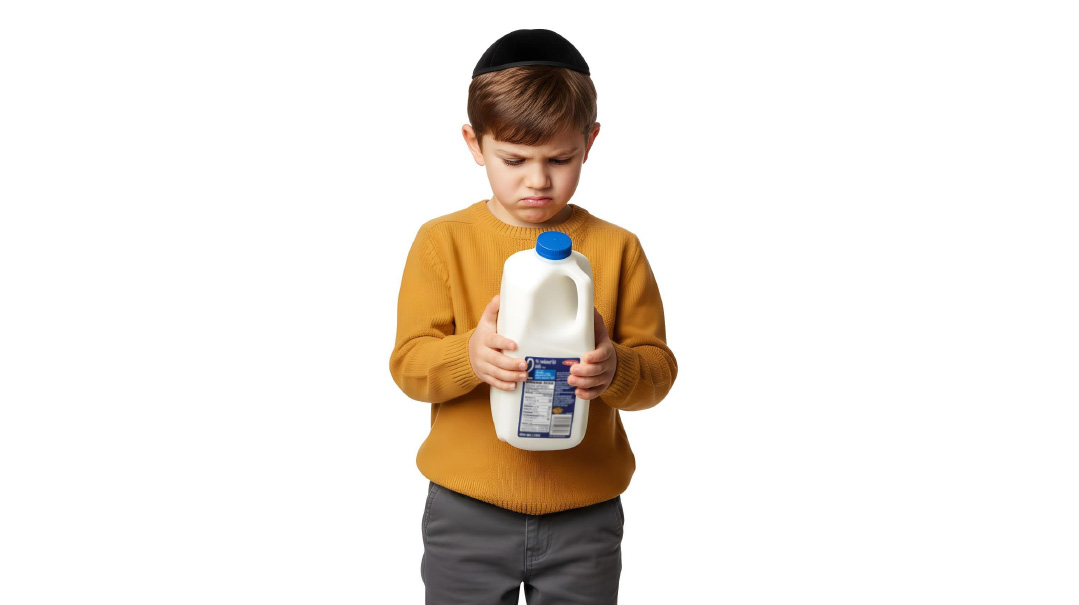Confessions of a Misanthrope
| December 27, 2022“You’re just a misanthrope,” he continued. “So it’s really not your fault.” He laughed

IT had been one of those days. One of those days when just making it to my own bedtime without saying or doing anything I’d regret would be an accomplishment. Between my toddler’s disrupted night and my own early morning, I felt overwhelmingly irritable and frustrated.
It was late evening when I hung up the phone after a conversation with a friend.
“She keeps wanting to get together,” I said to my husband, somehow annoyed. I saw the familiar look of mild amusement flit across his face, and I was reminded once again of how different we are. He loves people and I… well, I’m somewhat hesitant around those same lovely people.
But this time he nodded. “It’s not your fault that you feel that way,” he responded. I looked at him again, surprised. This wasn’t the usual upbeat response from my extroverted, albeit quiet and thoughtful husband. He usually tried to convince me that getting together with “friendlies” is what turns them into “friends” and would wonder why I was constantly resisting.
“You’re just a misanthrope,” he continued. “So it’s really not your fault.” He laughed.
I liked the sound of the word right away, though I wasn’t completely sure of its definition. But it was intriguing, and somehow it resonated, and I wanted ownership of that word. Holding my phone, I eagerly looked it up.
Misanthrope.
Noun: a person who dislikes humankind and avoids human society.
I had to admit, that sounded pretty familiar. I could easily get onboard with this new self-definition. And besides; this was one of the most validating responses I’d ever heard from my husband. Instead of putting a positive spin on my introversion or negativity, here he was, calling a spade a spade.
There’s a fine line between being introverted and being a misanthrope, I thought, a bit too proudly, and I’ve definitely crossed that line.
I was a misanthrope, and I wasn’t afraid to admit it.
I laughingly shared the word and its definition with a few friends the next day. I’d tried it on for size, and it fit.
“My husband told me I’m a misanthrope,” I told them, while studiously avoiding the pleasure I noted in sharing my life with others, “and I feel so understood.” One friend claimed she was a misanthrope as well, but I assured her that she was not. I was feeling a bit possessive and excited about my unique misanthropy, and I didn’t want to share.
“You like going to the park and schmoozing with people,” I said. “That disqualifies you.”
That same day, as I folded laundry, I wondered if the light conversation I’d had with my sister challenged my status as a misanthrope. I decided it did not, because she was related to me, and besides, no one said I now like people just because I had a few good laughs on the phone.
I am a misanthrope played in my mind as a background mantra that night as I bathed my kids and fed them, turned out the lights, and frankly, enjoyed them.
Still applies, I assured myself. These are my kids. So yeah, I can enjoy them. It’s still as if I’m just enjoying being alone.
I felt some sort of freedom in my newly defined identity. Though it was all a joke between my husband and me, there was finally a reason for my constant friend resistance and hermit-like tendencies; it was simply who I was. I did not like other people. And that was just fine.
But things started to get a little fuzzy when my baby was born a few weeks later. The awe I felt as I looked at her for the first time, the absolute and overwhelming love that overcame me as soon as I held her… this wasn’t the love of a misanthrope, or someone who dislikes human beings. This was the love that stems from a deep recognition of the potential and strength that lies in every single soul that has been placed in This World. This was the love of someone very aware of the beauty of the people around her, but who sometimes allows her fears or her introversion to get in the way of connecting.
Any misanthrope would relish the isolation that accompanies the postpartum chapter. And yet, I wasn’t relishing it. Not at all. I missed other people and I enjoyed connecting with them when I was able to. I realized that I felt full inside when I had an authentic, connective conversation with a friend or sibling.
It dawned on me that the state of my relationships was a direct reflection of my inner world at any given time. And with that recognition came a deeper understanding of my husband’s haphazardly assigned label: I realized, quite clearly, that a true misanthrope is most likely spurred by her dislike of self, more than her distaste for others. And now, in my mind’s eye, the journey to self-acceptance and self-love is beginning to intertwine with the same road to accepting and loving my children, husband, and, dare I say it, friends as well.
I haven’t let go of my misanthrope status quite yet. It keeps me safe in my “I don’t like people” bubble and allows me to stay cozy and comfortable instead of doing the real work necessary to make a relationship something I want it to be. But I am toying with the idea of adapting the good old, all-too-common identity of “introvert.”
When all is said and done, and the friends are calling and the people are laughing and the love is growing, I’m not very sure any real misanthrope would welcome me to her club, anyway. But being the introvert that I am, that’s just fine with me.
(Originally featured in Family First, Issue 824)
Oops! We could not locate your form.







